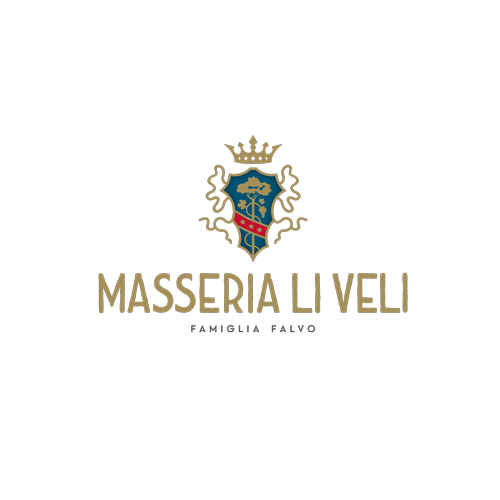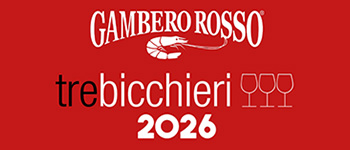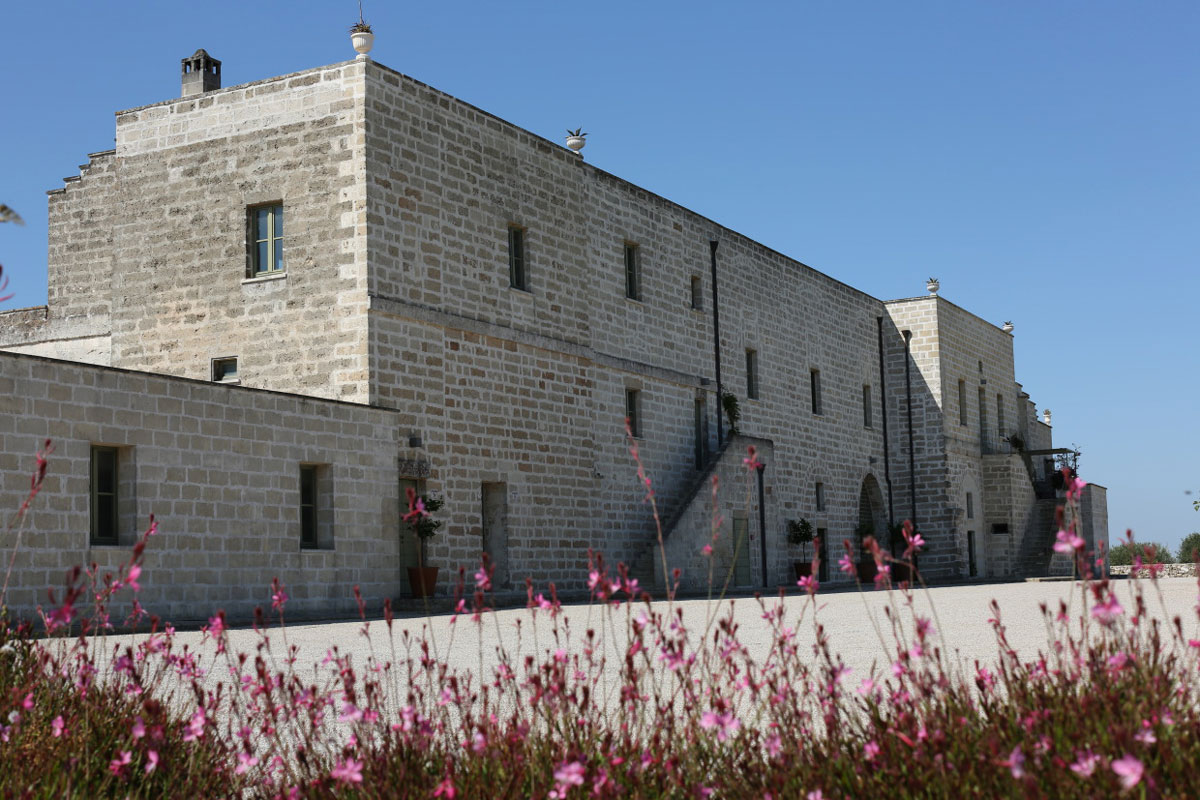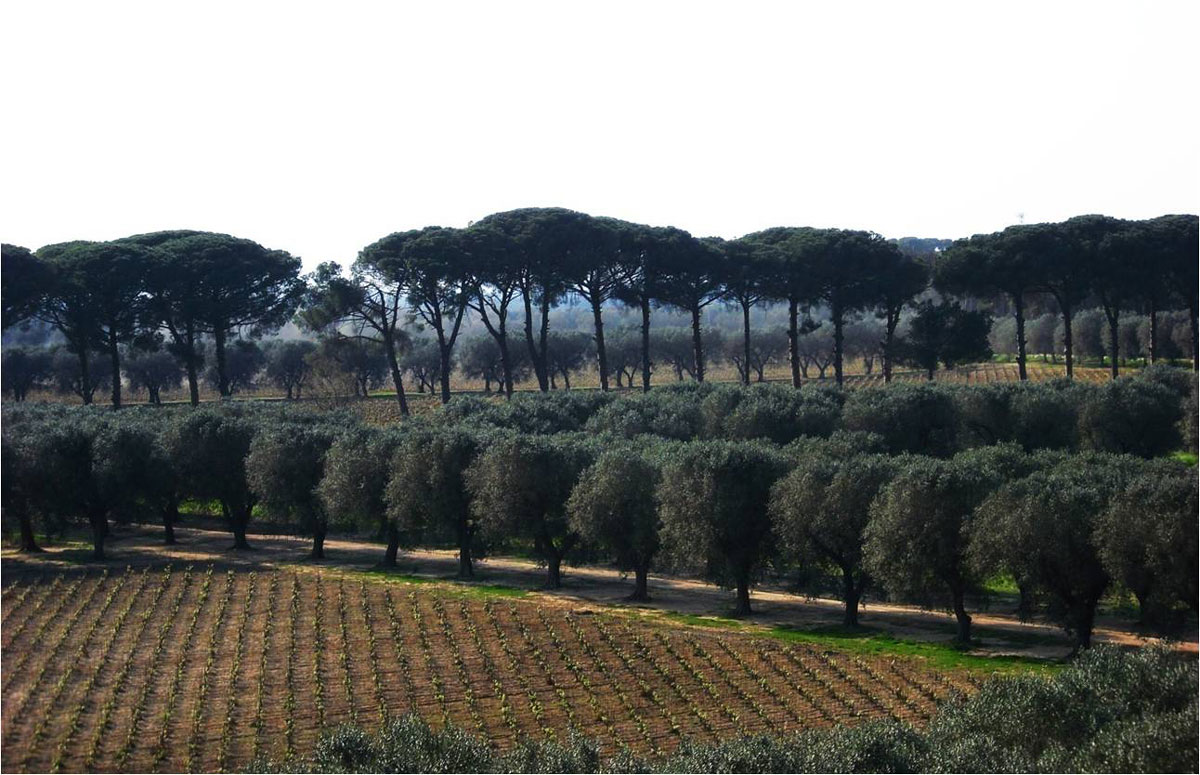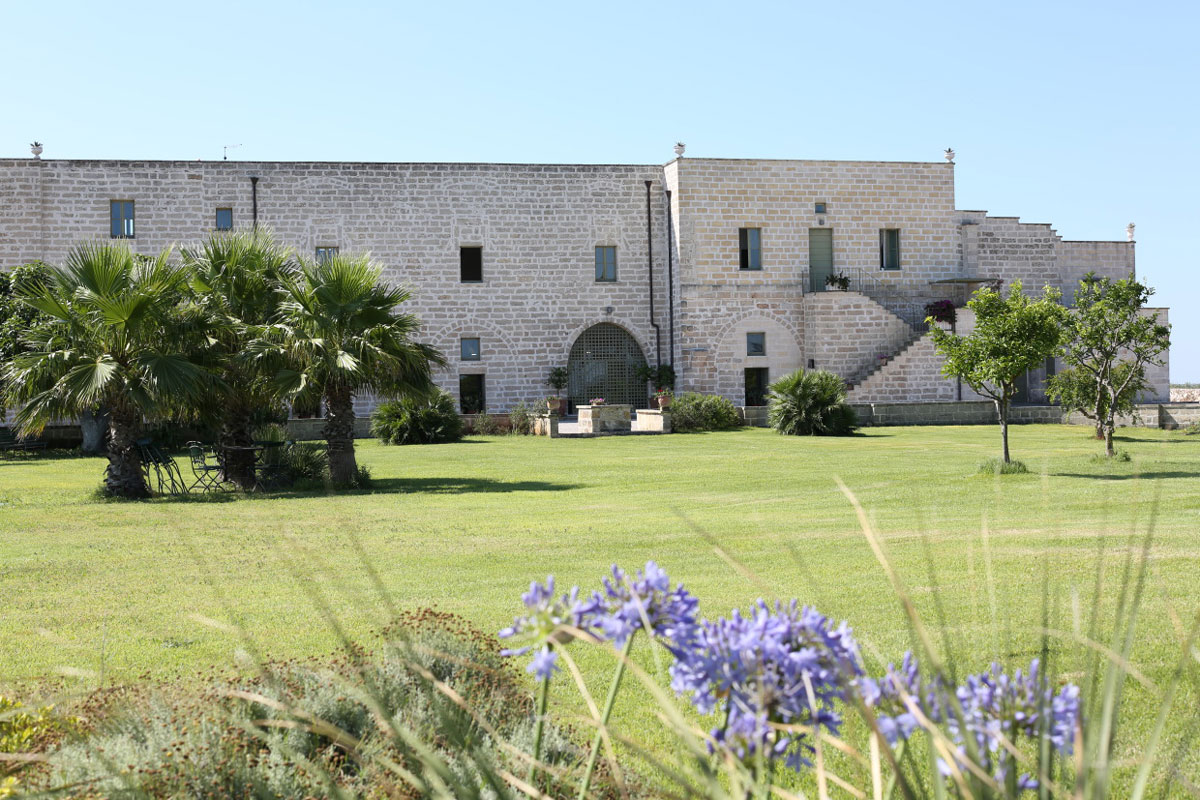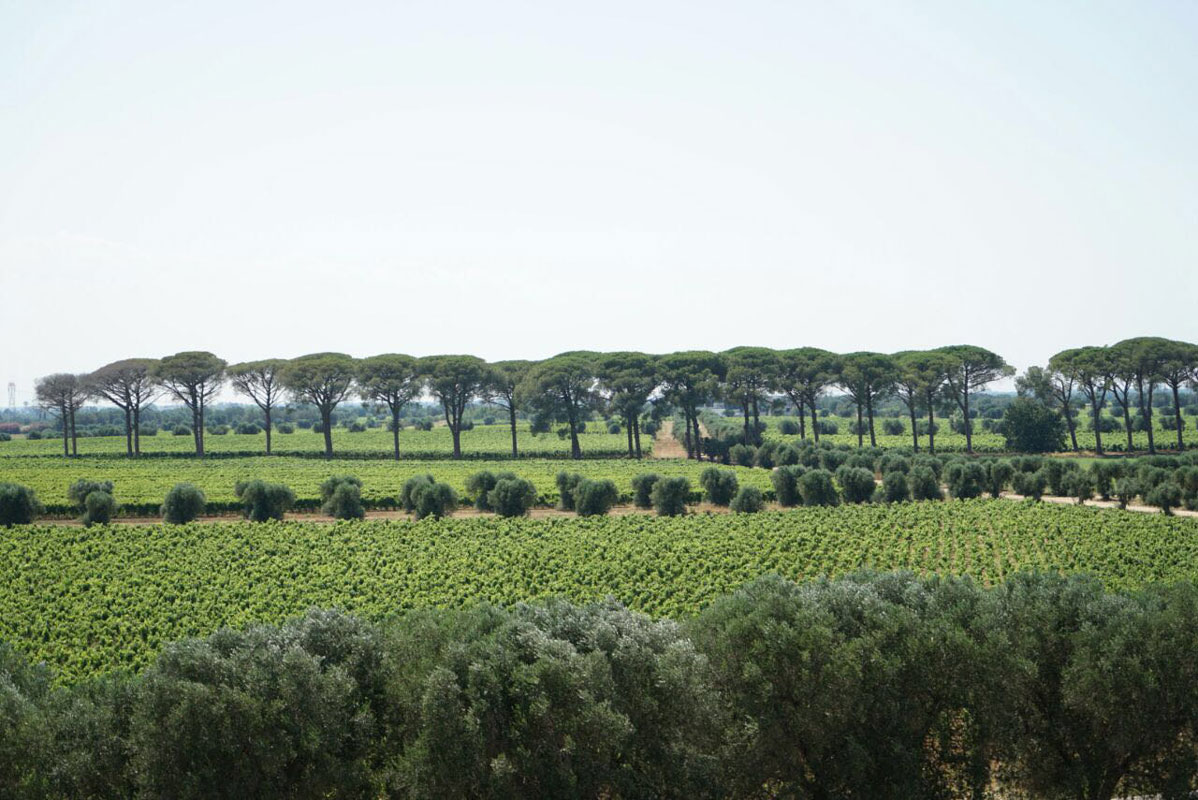ABOUT THE WINERY
Puglia has a long agrarian history, thanks to its relatively high proportion of flat or rolling terrain suitable for growing crops. For many centuries, Puglia’s agriculture was dominated by extensive land grants from the ruling nobility. Known as latifundi, these holdings were the equivalent of plantations or haciendas in other countries, often controlled by absentee landowners and worked by local peasants and sharecroppers. Beginning in the 16th century in Puglia, many of these latifundi began to build structures known as masserie. The masseria was sort of a cross between a castle and a farmhouse and was designed to improve the life of the farmworkers. It was typically a large stone building located in or near the fields of the latifundo with room for the managers and many of the farmworkers to sleep and for storage of equipment and harvests. It was also intended to be strong enough to protect the inhabitants from raids by pirates, bandits, and marauding soldiers.
The latifundi began to be broken up during the period of Napoleonic rule in Italy at the end of the 1700s and early 1800s, and the essentially feudal system that they represented was outlawed in 1950. By that time, most of the masserias had fallen into disrepair. One such ruin was Masseria Li Veli, located near the center of the Salento Peninsula in southern Puglia, on the southern slopes of the Murgia plateau. Many masserias have been reconstructed as residences or agritourism accommodations beginning in the 1970s, but this particular one was rebuilt much earlier for a different purpose.
The crumbling Masseria Li Veli was acquired in the late 19th century by Marchese Antonio de Viti de Marco (1858–1943), an important economist and professor who was influential in the theory of public finance in the Kingdom of Italy. In 1895, the masseria was restored to serve as a model wine cellar, demonstrating an ambitious concept for economic development for all of southern Italy. It stayed in operation until the 1950s.
The masseria is once again functioning as an important winemaking facility, having been renovated and modernized into an up-to-date production center for the Li Veli wines. The Falvo family, former owners of the Avignonesi winery in Tuscany but with Puglian roots, purchased the masseria and its 128 acres of land in 1999 and breathed new life into de Viti de Marco’s project. The vision is to establish a new quality benchmark in the region, through both vineyard management and vinification.
READ MORE

